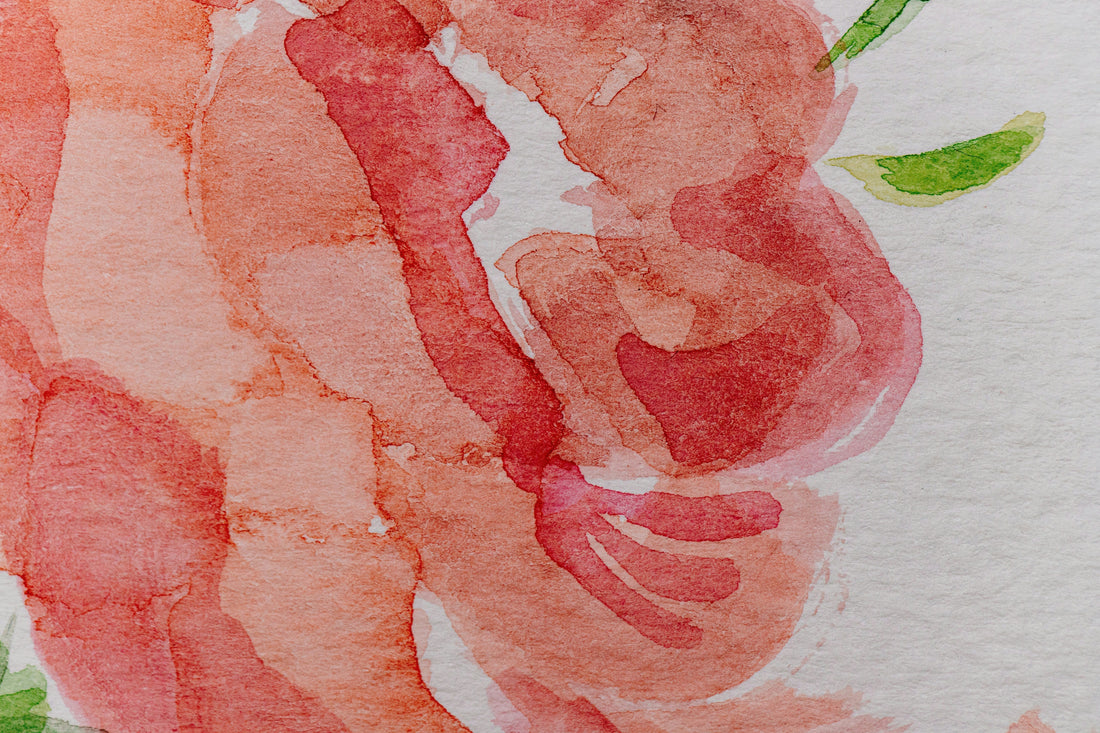
Your Second Spring: How Menopause Can Be Your Time to Bloom.
Share
In today’s world, life doesn’t follow the natural rhythms it once did. We’re having children later, which comes with its own set of benefits and challenges. One of those challenges? Postpartum recovery can overlap with the quiet beginnings of perimenopause.
That’s why taking care of yourself after giving birth isn’t just about the present, it’s about laying the foundation for the next chapter of your life. Prioritising slower days, nourishing your body, and supporting your Yin and Jing early can lead to a smoother, more empowered perimenopause journey.
Menopause isn’t the end. In fact, in Traditional Chinese Medicine (TCM), it’s celebrated as your Second Spring, a season to refresh, rediscover, and finally put yourself first. This phase is about turning inward, nurturing your body, and allowing your true self to bloom.
Remember Your First Spring?
That was puberty and your reproductive years. Your energy was all about growth, adventure, building your career, and maybe starting a family. Outward energy ruled the day.
Now, your energy shifts inward. The vitality once devoted to reproduction is ready to fuel wisdom, creativity, and self discovery. Your Second Spring is about you, not your obligations.
Life in 7 Year Cycles
TCM sees a woman’s life in 7 year cycles, each marking shifts in your Jing, or life essence, and organ energy.
-
Age 7: Your body begins to grow
-
Age 14: First period, your first bloom of fertility
-
Age 21 to 28: Peak energy and fertility
-
Age 35: First whispers of aging, perimenopause may appear
-
Age 42: Hormonal shifts deepen
-
Age 49: Menopause arrives, your Second Spring blooms
The Hormonal Rollercoaster
From a Western perspective, perimenopause can feel like a wild party in your hormones.
Fluctuating estrogen and progesterone can bring:
-
Hot flashes
-
Mood swings
-
Night sweats
-
Disrupted sleep
Brain chemistry joins the chaos too. Changes in serotonin, dopamine, and cortisol can make stress and mood swings feel like a rollercoaster.
TCM Perspective: Pivot Your Flow
In TCM, perimenopause is about pivoting your energy.
Energy that once flowed downward toward your womb now rises to nourish you. This can stir heat, reduce Yin, and stir Liver Qi, showing up as:
-
Mood swings
-
Hot flashes
-
Sleepless nights
TCM Tips for Thriving in Your Second Spring
Make this transition smoother and more enjoyable with TCM inspired practices:
-
Eat Yin nourishing foods.
In TCM, perimenopause often reflects a decline in Yin energy. the cooling, hydrating force that keeps the body balanced. When Yin becomes depleted, symptoms like hot flashes, dryness, irritability, and insomnia can appear.
Support your Yin by eating hydrating, cooling foods such as cucumber, apple, pear, watermelon, tofu, mung beans, bok choy, seaweed, mushrooms, and green tea. Choose pork or chicken over lamb, which is warming and can increase internal heat.
Why it helps: Yin-nourishing foods help calm internal heat, moisturise the body, and promote emotional balance — all key to easing perimenopausal symptoms naturally.
-
Cook with water based methods.
Steaming, slow cooking, and soups retain more moisture and nutrients, helping replenish Yin and support digestion.Why it helps: During perimenopause, the digestive system (Spleen and Stomach in TCM) can weaken. Gentle, water-rich cooking supports Qi production and reduces internal dryness, helping the body absorb nutrients more efficiently.
-
Sip soothing herbal teas and soups:
Hydrating the body from within is essential during perimenopause. Herbal blends such as Balance Herbal Tonic, Rejuvenate Herbal Tonic, and Red Dates Flow Tea feature Yin-nourishing herbs like snow fungus, lily bulb, and red dates. These herbs gently cool internal heat, nourish Blood and Qi, and restore calm.Why it helps: Regularly drinking herbal teas or soups provides steady nourishment, helps regulate temperature, and supports smoother hormonal transitions.
-
Prioritise rest and calm.
Sleep and stress management are essential for balancing hormones. In TCM, rest replenishes Yin and Blood, which are often depleted during perimenopause. Anything that will help with your sleep and relaxation will be your best friend.
Why it helps: Creating a calming bedtime ritual such as drinking herbal tea, journaling, stop doom scrolling 30 minutes before bed (I've been a victim!) or deep breathing and meditation, supports the nervous system, reduces stress, and helps regulate hormones naturally.
-
Avoid icy shocks.
It might feel tempting to grab ice-cold drinks during night sweats, but in TCM, sudden cold constricts circulation and disrupts Yin-Yang balance.
Why it helps: Choosing room-temperature or warm drinks supports smooth energy flow and reduces digestive strain, both important during hormonal transition.
-
Include black foods to nourish Kidney.
Black-coloured foods like black sesame, black soybeans, and black fungus are deeply nourishing for the Kidneys, the organ system that governs hormones, fertility, and vitality in TCM.
Why it helps: These foods replenish Kidney Jing, the body’s foundational energy source. Supporting Jing helps maintain strength, bone health, and emotional steadiness through menopause.
-
Seek professional TCM support
Every woman’s experience with perimenopause is unique. A qualified TCM practitioner or acupuncturist can identify whether your symptoms arise from Yin deficiency, Liver Qi stagnation, or Spleen weakness and tailor a herbal or acupuncture plan to restore balance.
Why it helps: Professional guidance ensures that your body receives the right combination of herbs, diet, and lifestyle support for long-term wellbeing.
Embrace Your Second Spring
Menopause is a fresh start. Tune into your body, nourish your Yin, and embrace this next chapter as a season of creativity, wisdom, and self discovery. Your Second Spring is your time to bloom, fully and unapologetically!
